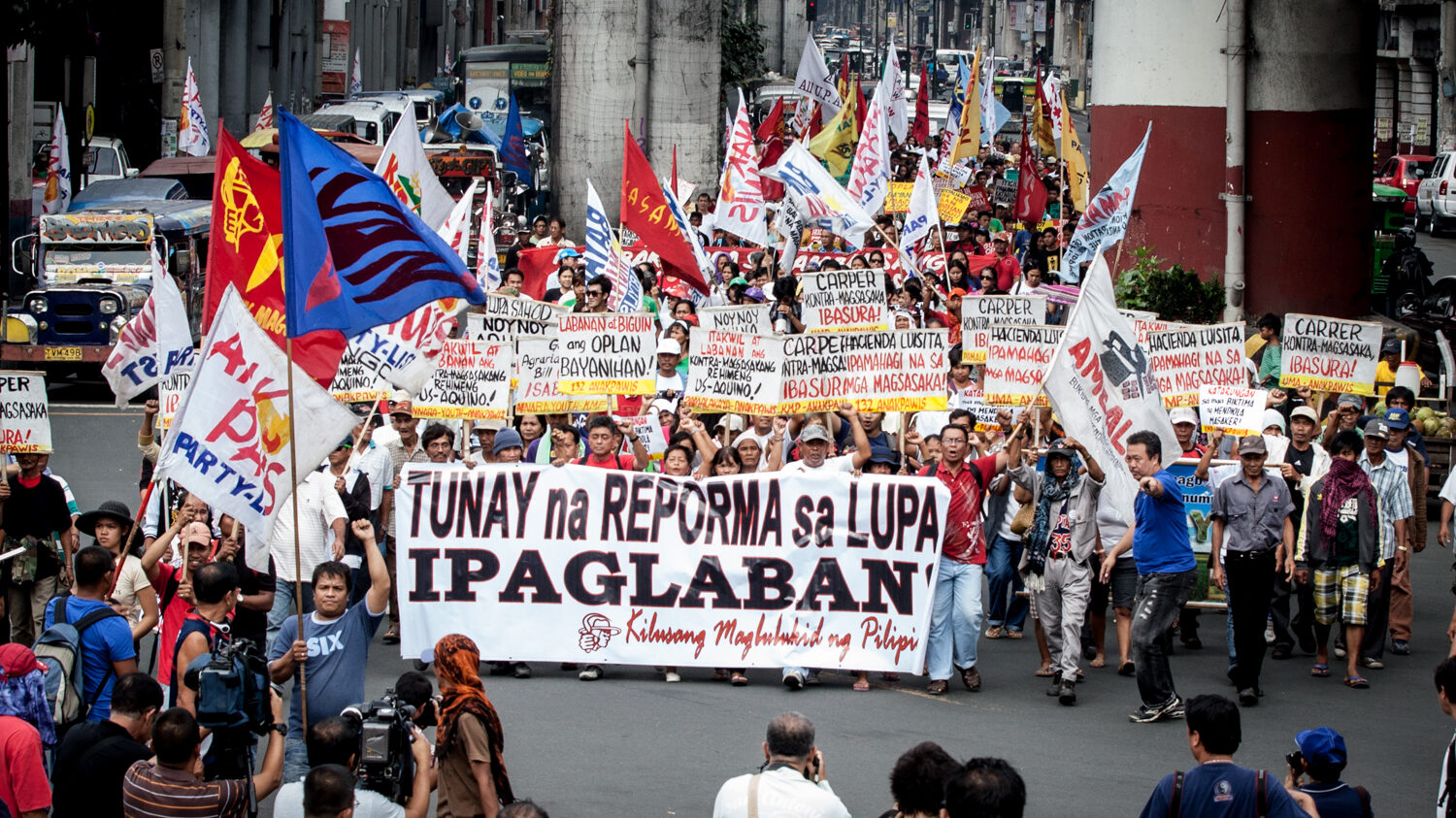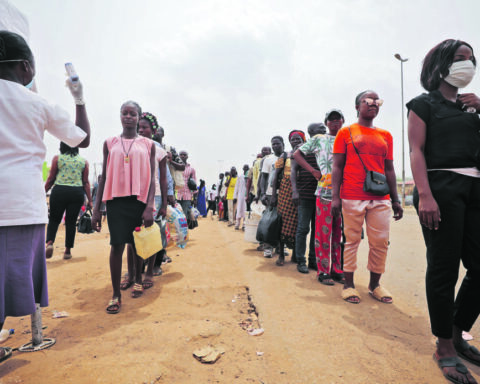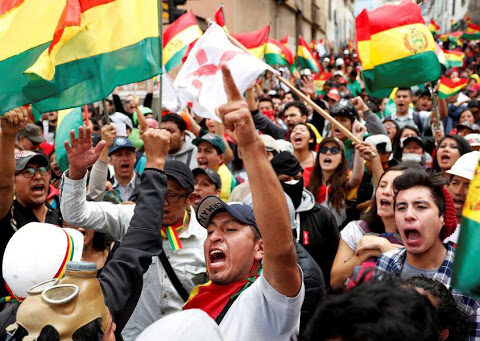We are yet again at a critical turning point in transforming food and agriculture worldwide. And it’s not just because the United Nations and intergovernmental processes recently decided to adopt a “food systems approach” in transforming the sector, but more so with the swelling grassroots push in changing how and for whom we produce food.
People around the world produce more food than we can eat and use for industrial purposes every year since the end of World War 2. In fact, even with more than a third of these wasted, it’s more than enough to ensure that every single person in the world will have food on their plate at any point in time.
Yet, almost a third of the world today don’t have regular access to adequate food and more than a tenth in worsening levels of hunger. Famines continue to ravish whole nations in West Asia and sub-Saharan Africa, and rural communities in Asia, Africa, and Latin America.
But these famines, as experts since recognized in 2008, are different in quality than those in pre-industrial modes of production – which stemmed from scarcity and disasters. The famines and the hunger at its heels that we have today are a direct result of the profit-driven production and trade regimes in food and agriculture.
Rural peoples organizations have since described the neoliberal global food systems as such:
Transnational and multinational companies from a handful of rich nations have monopolized the ownership and control of seeds, inputs, production machineries, and tradelines of our globalized trade systems. On the other end, farmers, farmworkers, fishers, indigenous peoples, and rural food producers in poor nations who create the food are further plunged into poverty and misery.
In turn, this global food system is built atop the architecture of monopoly land ownership and neocolonial rule guised as multinational trade deals.
This dogma of the “constantly increasing agricultural productivity” or, in the final analysis, ‘maximizing profit’ has pushed the maldevelopment of the global food systems to what it is today – unjust, unequal, and unsustainable. Landlessness and dispossession of rural peoples follow the so-called “revolutions” in production in recent history – from the Structural Adjustment Program to the Green Revolution imposed by these nations and their global financing institutions.
A global food system that is nothing more than capitalist plunder made on the same trade routes of colonialism built at the back of new age slaves – increasingly creating wealth and misery in either polar opposites.
Current Challenges and Opportunities
The COVID-19 pandemic and the restrictions in its wake has since exposed the fragility of this globalized and profit-driven food system. Despite only 1% of food stocks affected by policy restrictions, food shortages and price spikes punctured markets and trade routes.
Despite all the trade constraints rolled back, we’re looking at a rise in hunger unprecedented in 50 years. Intergovernmental agencies have since admitted that this crisis alone has wiped out most of the “advances” in Sustainable Development Goals in the last 5 years, especially the goal to end hunger.
But as farmer organizations have long argued: The ZeroHunger Goal, while noble in its intentions, is bound to fail from the get go. Without addressing the root causes of hunger, the inability to access safe, adequate, nutritious, and culturally appropriate food, it’s a mere fantasy. And COVID-19 has proved just that.
That’s why NOW is the time to rethink, reclaim, and ultimately transform the global food system.
And the history of this transformation did not start with declarations from above but from hard fought struggles on-ground – punctuated by radical upheavals for genuine agrarian reform and rural development.
Central asks of the transformative pathways
The concept of transforming a sector that is mostly land-based and immovable with an inelastic demand such as food and agriculture may sound like a tall order. Because it is. But it’s such a critical facet of social transformation that capitalist institutions have dedicated trillions in investments in designing today’s global food system. Changing it will surely require far more than that.
Yet, rural peoples around the world continue to commit to transforming the global food system, in varying shades and degrees. Ignoring those funded directly by food and agriculture transnational companies, there’s a flurry of proposals on what, how, and where this transformation will be.
A cross-sectional analysis of these proposals show patterns of concepts and pathways to transformation. These concepts, from advocating for “genuinely redistributive agrarian reform” and “people-led rural development” to “food sovereignty” and “agroecology and regenerative agriculture”, among others offer insights to the goals and aspirations of these transformations.
These concepts have developed alongside and in service to rural peoples movements around the world, especially in the Global South in the bid to forge a path towards just, equitable, and sustainable food systems in national and global contexts.
These pathways, far from being homogenous, often overlap and intersect. Each attempting to solve a real and systemic problem arising from the current global food system.
Avenues for cooperation
While rural peoples organizations, in parts and parcels, are increasingly drawn towards policy discussions and policy engagements, it’s still a bulwark of the powerful nations and their corporations. This was proven yet again by the looming hijack in the 2021 World Food Systems Summit, which will be held in the US, as the UN entered into a strategic partnership with the World Economic Forum.
Civic spaces are shrinking all over the world, especially for farmers and poor rural peoples. The resurgence of fascist governments, fascization of policy floors, and growing impunity against revolutionary ideas and movements curtail genuine transformation led by rightsholders like food producers.
But rural peoples of the Global South have since forged solidarity platforms and alternative spaces which champions their rights and interests. As rural peoples’ movements, we expect IPRN to foster and develop avenues for research cooperation among and between farmers and peoples organization.




